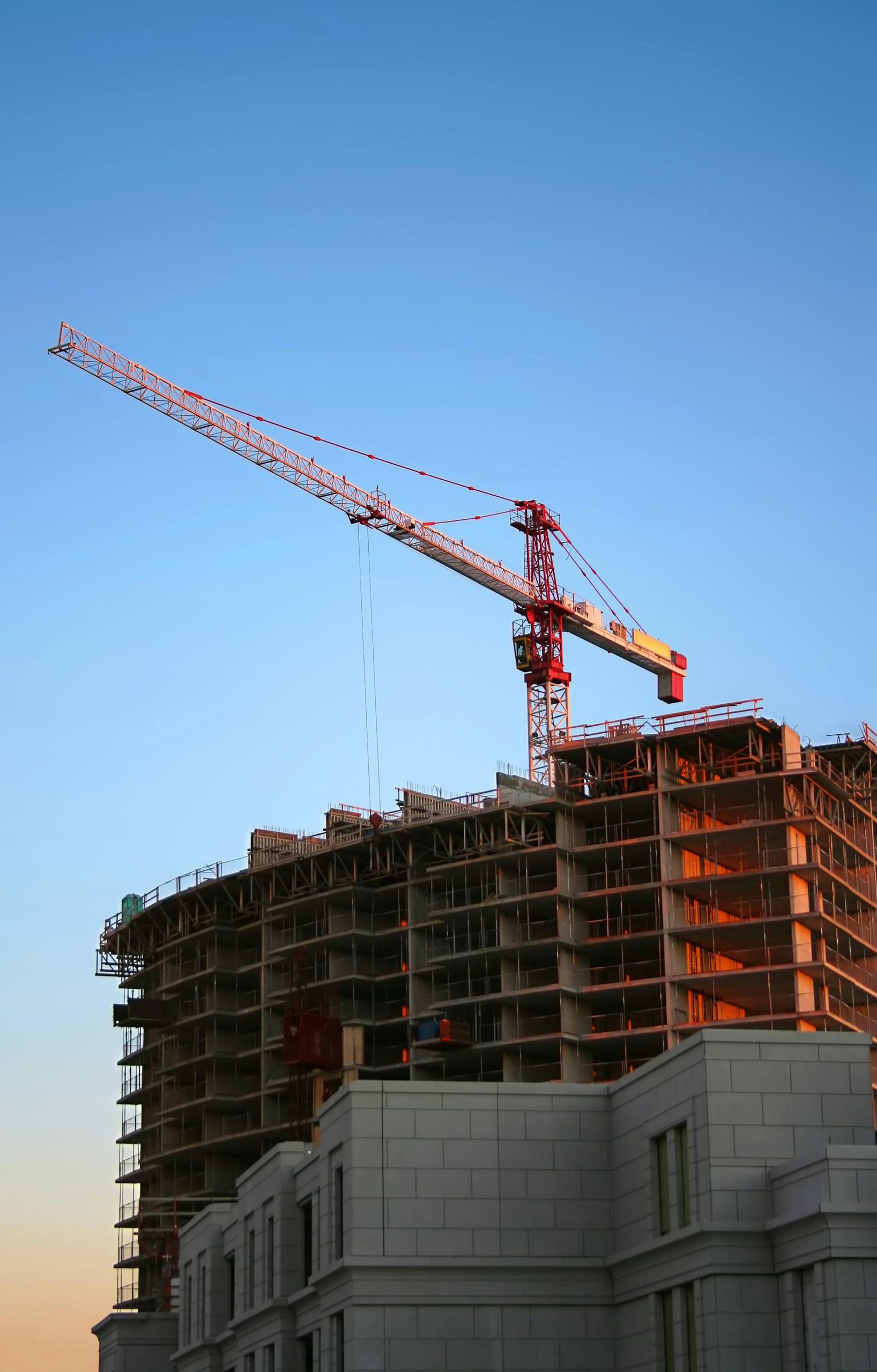Choosing the right building supplier shapes the success of your construction project. Beyond price and availability, understanding reputation, service quality, and reliability ensures your materials arrive on time and meet expectations. Knowing how to identify warning signs and asking the right questions can safeguard your investment. This guide offers practical strategies to evaluate suppliers thoroughly, helping you select a partner who supports your project goals with transparency and consistent performance.
Essential Criteria for Choosing a Building Supplier
When embarking on a construction project, building supplier selection is a critical step that directly impacts timelines, costs, and overall quality. To evaluate suppliers effectively, start by assessing their reputation and reliability. A supplier with a track record of timely deliveries and responsive customer service reduces risks of project delays. Verify this through client testimonials and industry references.
Topic to read : Choosing the right building supplier company for your project
Another key evaluation factor is the range and quality of products on offer. Construction projects often require a variety of materials, so working with a supplier that provides high-quality options across product categories streamlines procurement. Verify certifications and compliance with standards to ensure materials meet required specifications.
Pricing is equally important. Compare pricing structures across potential suppliers, focusing on transparency in costs and any hidden fees. Reliable suppliers offer clear quotations and flexible payment terms that suit project budgets. Transparent pricing helps avoid surprises that could inflate expenses.
Also to see : Success stories and strategies for female entrepreneurs in the uk
By considering these factors—supplier reliability, product quality and variety, and pricing transparency—you can make an informed decision in your building supplier selection process. These construction project tips improve efficiency and ensure your materials meet project standards. Companies such as Licata Ltd. demonstrate these qualities well and provide examples of best practices in this domain.
Evaluating Service, Delivery, and Support
When selecting a building supplier, focusing on supplier customer service is essential. Responsive and effective communication ensures your project’s needs are understood and met promptly, reducing delays. Assessing how quickly a supplier responds to inquiries or resolves issues offers insight into their dedication to client satisfaction.
Delivery performance heavily impacts project timelines. Consistent delivery times and well-managed logistics minimize disruptions. A supplier with reliable delivery performance guarantees materials arrive when promised, preventing costly downtime. It’s wise to inquire about their standard delivery windows and protocols for handling unexpected delays.
After-sales support plays a crucial role in ongoing project success. A supplier’s willingness to provide assistance after purchase ensures any issues with materials or payments can be addressed swiftly. Evaluating the availability of after-sales support helps you choose a partner committed to supporting your project beyond the initial transaction.
Considering these factors — supplier customer service, delivery performance, and after-sales support — builds confidence in your choice of building supplier.
Identifying Red Flags and Avoiding Common Pitfalls
When selecting a building supplier, it is crucial to identify supplier warning signs that could jeopardize your project. One of the clearest indicators of potential issues is inconsistent communication or a lack of transparency. If a supplier regularly delays responses, provides vague answers, or avoids clear explanations, this undermines trustworthiness and signals possible challenges ahead.
Another major concern lies in hidden fees or unclear contract terms. Carefully reviewing every clause can reveal costs that were not initially disclosed, which may inflate your budget unexpectedly. Always insist on detailed, transparent contracts to ensure full visibility of pricing and obligations, reducing risks linked to unexpected expenses.
Past performance is also a valuable predictor of future reliability. Risk management starts with checking a supplier’s track record for late deliveries or patterns of poor client feedback. Negative reviews, especially those highlighting delays or substandard materials, should raise an alert. Engaging with suppliers who have established reputations for punctuality and quality supports smoother project execution.
In summary, vigilance in spotting supplier warning signs—like communication gaps, ambiguous charges, and unreliable histories—is foundational to effective risk management in building projects. Prioritising suppliers who demonstrate openness and strong performance safeguards your investment and peace of mind.
Step-by-Step Process for Making a Confident Choice
Carefully navigating the supplier selection process is crucial to ensuring the success of your procurement. Start by shortlisting potential suppliers—this involves thorough research and leveraging trusted referrals to identify reliable options. Utilizing a structured procurement checklist helps confirm that each supplier meets essential criteria such as quality standards, delivery capability, and compliance.
Next, engage in comparing shortlisted suppliers side by side. This stage demands an objective evaluation of each supplier’s strengths and weaknesses, focusing on factors like pricing, turnaround times, previous client feedback, and after-sales support. Employing a decision-making framework or scoring system enhances clarity and fairness in this comparison.
Finally, proceed to finalising the partnership based on an informed assessment. This decision-making step should incorporate insights gathered throughout the process, ensuring that the chosen supplier aligns with your project’s specific needs and goals. Engaging openly with the selected supplier to clarify expectations and contract terms solidifies a sustainable business relationship.











